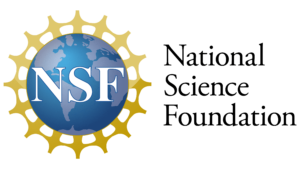The Center for Freeform Optics (CeFO) awarded another five years of NSF funding starting September 1st, 2023, both at the University of Rochester, NY, and the University of North Carolina at Charlotte.
NSF award abstract
Thank you for your partnership and support in our quest to advance freeform optics technology.
We are grateful for what we can accomplish as a team, including training the next generation of experts in freeform optics.
The University of Rochester (UR) and the University of North Carolina at Charlotte (UNC Charlotte) – a Phase III continuation to the Center for Freeform Optics (CeFO). CeFO aims to advance research and education in the science, engineering, and applications of freeform optics through dedicated, long-term, industrial and government laboratory partnerships. CeFO is motivated by the need for compact, affordable, high-performance optical systems to support precision technologies of the 21st century. Training a new diverse generation of engineers and scientists is integral to the Center’s mission.
Freeform optics enables compact optical solutions for complex light mapping and optical systems folding in three dimensions (3-D). Applications with immediate benefit include 3-D imaging and visualization, augmented and virtual reality, infrared and military optical systems, efficient automotive and LED lighting, energy research, remote sensing, semiconductor manufacturing and inspection, and medical and assistive technologies. CeFO enables freeform optics to permeate the marketplace by integrating fundamental and applied research, including artificial intelligence optimization algorithms, and significant advances in design, fabrication, testing, and assembly. CeFO creates a fertile, dynamic, inclusive, multidisciplinary environment to advance this technology.
Training a new diverse generation of engineers and scientists is integral to the Center’s mission. The partner universities are dedicated to recruiting and retaining women and students from other underrepresented groups in science, technology, engineering, and math (i.e., ~40% average in CeFO) to create a diverse and skilled workforce for the 21st century. Students work with CeFO industrial members to communicate and transfer critical enabling technologies.



